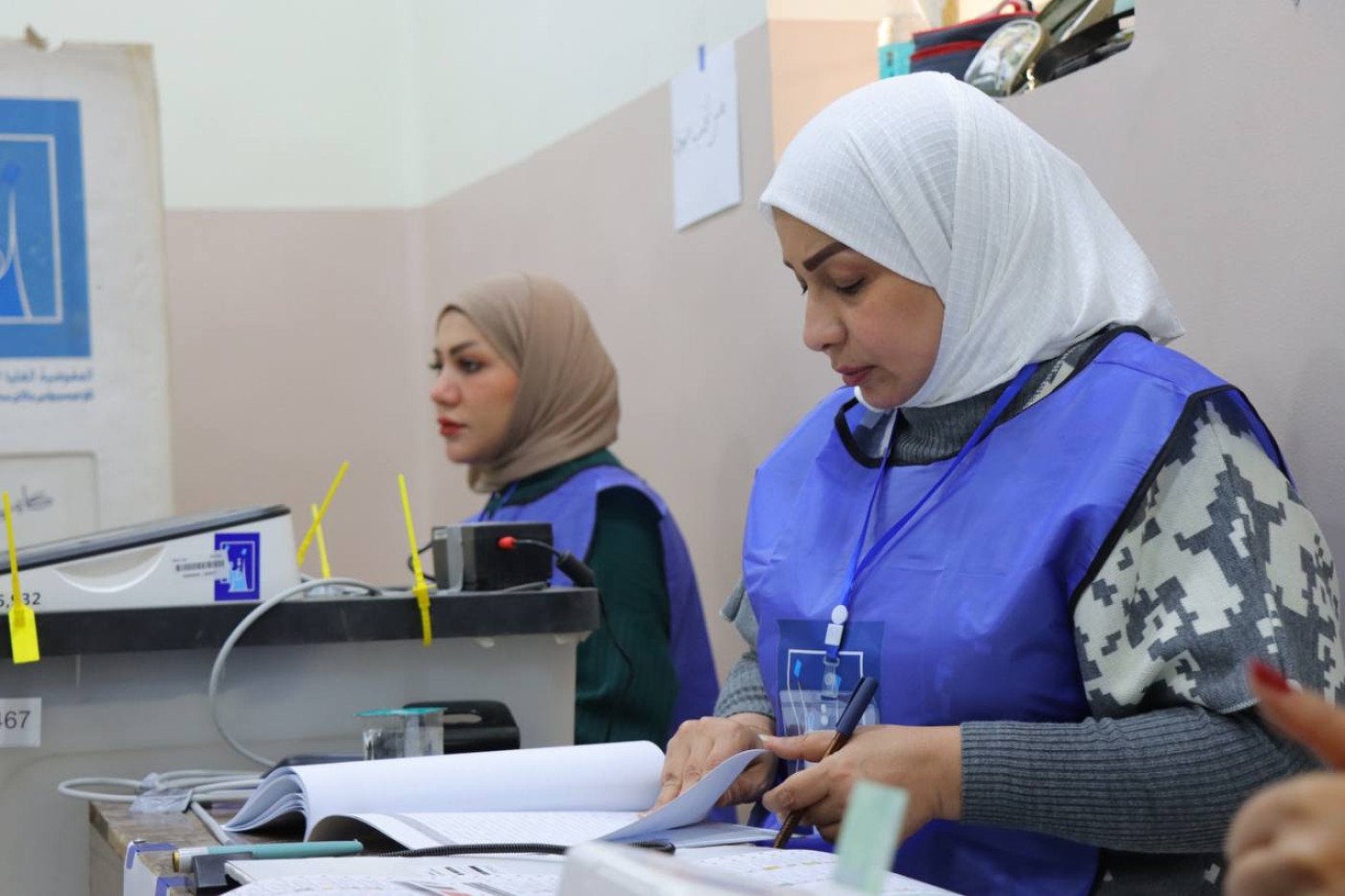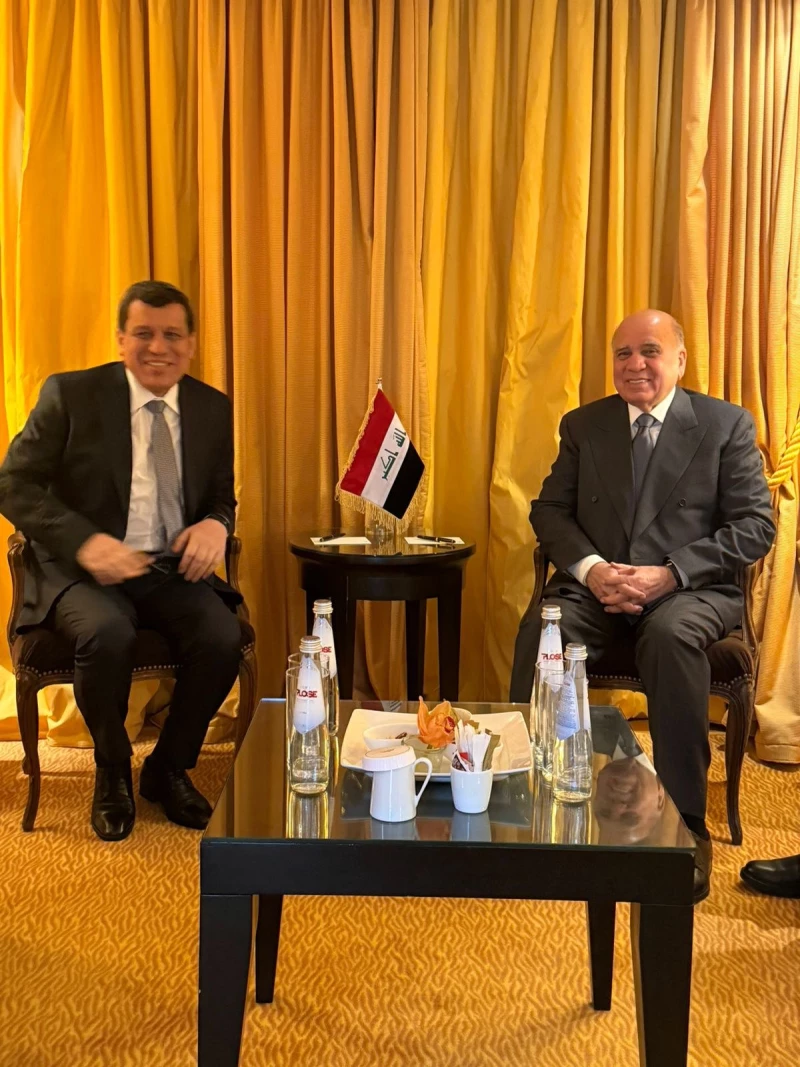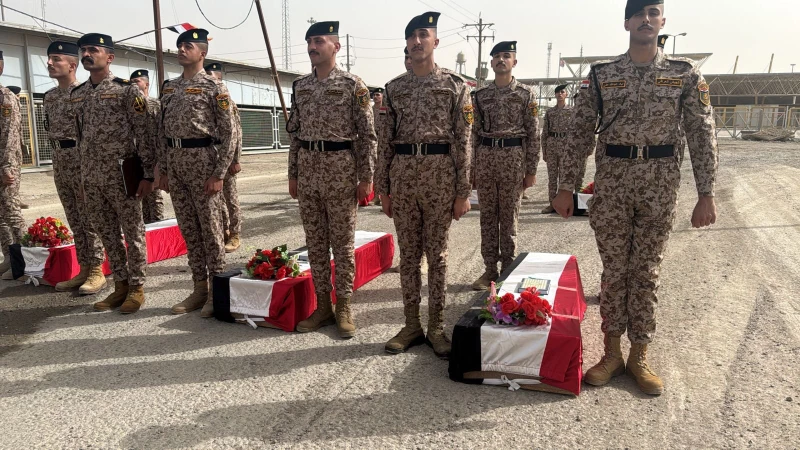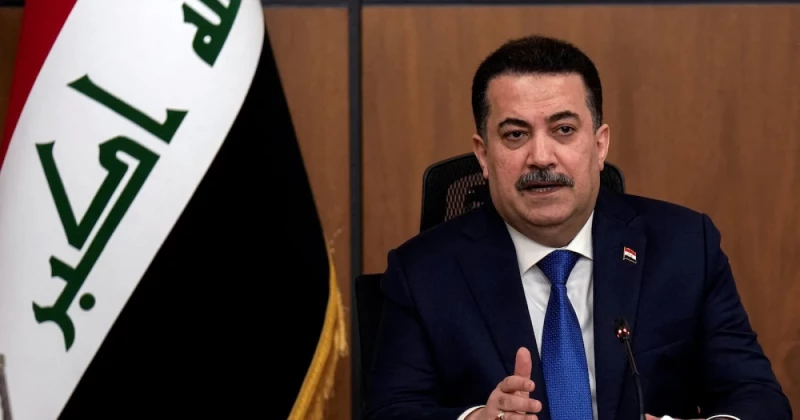Erbil, Iraq - As the results of Iraq’s first provincial council elections started trickling in, a few surprises emerged.
Overall turnout for Monday’s vote was reported on Wednesday at 41%.
One surprise was that the province that had not been included in the previous vote in 2013 – Kirkuk, which officially remains part of Iraq’s territories disputed between the central government and the Kurdistan Regional Government – saw the highest reported turnout of any province at 66%.
Competition was lively there, given the diversity of ethnic and religious factions as well as rival parties vying for votes.
Another was that ousted former parliament speaker Mohammed al-Halbousi’s party Taqaddum did very well both in Baghdad and in his native Anbar province, where he previously served as governor.
Votes were cast in 15 of Iraq’s 18 provinces to choose 285 council members with a considerable amount of power, tasked as they are with overseeing local administration and appointing provincial governors.
The three provinces in the Kurdistan Region of Iraq did not take part.
The provincial councils were created by the 2005 Iraqi constitution. They set budgets for education, healthcare, and transportation.
Provincial council elections were delayed in Iraq due to the war against the Islamic State (ISIS) in Iraq from 2014 to December 2017. Massive protests that brought down the Iraqi government at the time in 2019 led to the dissolution of the councils, which had been accused of corruption.
The current government under Prime Minister Mohammed Shia al-Sudani, which was sworn into office in late October 2022, reinstated the councils.
Followers of powerful Shia cleric Muqtada al-Sadr are boycotting the elections.



 Facebook
Facebook
 LinkedIn
LinkedIn
 Telegram
Telegram
 X
X


